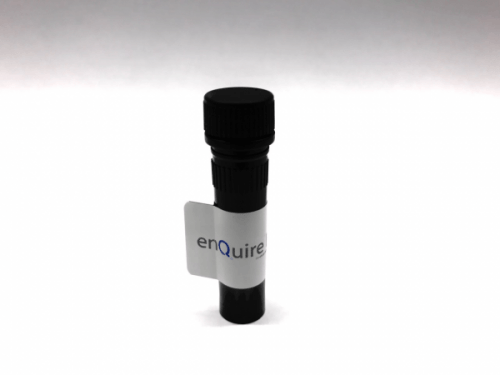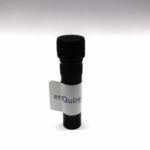Human Anti-Retinol-Binding Protein 4 Antibody Product Attributes
Retinol-Binding Protein 4 Previously Observed Antibody Staining Patterns
Observed Antibody Staining Data By Tissue Type:
Variations in Retinol-Binding Protein 4 antibody staining intensity in immunohistochemistry on tissue sections are present across different anatomical locations. An intense signal was observed in cells in the tubules in kidney, hepatocytes in liver and islets of Langerhans in pancreas. More moderate antibody staining intensity was present in cells in the tubules in kidney, hepatocytes in liver and islets of Langerhans in pancreas. Low, but measureable presence of Retinol-Binding Protein 4 could be seen inglandular cells in the breast, peripheral nerve/ganglion in colon, glandular cells in the duodenum, decidual cells in the placenta, cells in the seminiferous ducts in testis and Leydig cells in the testis. We were unable to detect Retinol-Binding Protein 4 in other tissues. Disease states, inflammation, and other physiological changes can have a substantial impact on antibody staining patterns. These measurements were all taken in tissues deemed normal or from patients without known disease.
Observed Antibody Staining Data By Tissue Disease Status:
Tissues from cancer patients, for instance, have their own distinct pattern of Retinol-Binding Protein 4 expression as measured by anti-Retinol-Binding Protein 4 antibody immunohistochemical staining. The average level of expression by tumor is summarized in the table below. The variability row represents patient to patient variability in IHC staining.
| Sample Type | breast cancer | carcinoid | cervical cancer | colorectal cancer | endometrial cancer | glioma | head and neck cancer | liver cancer | lung cancer | lymphoma | melanoma | ovarian cancer | pancreatic cancer | prostate cancer | renal cancer | skin cancer | stomach cancer | testicular cancer | thyroid cancer | urothelial cancer |
|---|---|---|---|---|---|---|---|---|---|---|---|---|---|---|---|---|---|---|---|---|
| Signal Intensity | + | + | – | + | + | – | – | +++ | – | + | – | + | – | + | ++ | – | + | + | + | + |
| RBP4 Variability | + | ++ | + | ++ | ++ | + | ++ | ++ | ++ | ++ | + | ++ | ++ | + | ++ | ++ | ++ | ++ | + | ++ |
| Retinol-Binding Protein 4 General Information | |
|---|---|
| Alternate Names | |
| RBP4 | |
| Curated Database and Bioinformatic Data | |
| Gene Symbol | RBP4 |
| Entrez Gene ID | 5950 |
| Ensemble Gene ID | ENSG00000138207 |
| RefSeq Protein Accession(s) | NP_001310446, NP_001310447, NP_006735 |
| RefSeq mRNA Accession(s) | NM_001323517, NM_001323518, NM_006744, |
| RefSeq Genomic Accession(s) | NC_000010, NC_018921, NG_009104 |
| UniProt ID(s) | Q5VY30, P02753 |
| UniGene ID(s) | Q5VY30, P02753 |
| HGNC ID(s) | 9922 |
| Cosmic ID(s) | RBP4 |
| KEGG Gene ID(s) | hsa:5950 |
| PharmGKB ID(s) | PA34289 |
| General Description of Retinol-Binding Protein 4. | |
| Retinol Binding Protein 4 (RBP4) belongs to the lipocalin family and is the specific carrier for retinol (vitamin A alcohol) in the blood. It delivers retinol from the liver stores to the peripheral tissues. In plasma, the RBP-retinol complex interacts with transthyretin, which prevents its loss by filtration through the kidney glomeruli. A deficiency of vitamin A blocks secretion of the binding protein posttranslationally and results in defective delivery and supply to the epidermal cells. Retinol-binding protein 4 has recently been described as an adipokine that contributes to insulin resistance in the AG4KO mouse model. It is secreted by adipocytes, and can act as a signal to other cells, when there is a decrease in plasma glucose concentration.Mutations in the RBP4 gene have recently been linked to a form of autosomal dominant microphthalmia, anophthalmia, and coloboma (MAC) disease. | |





Reviews
There are no reviews yet.